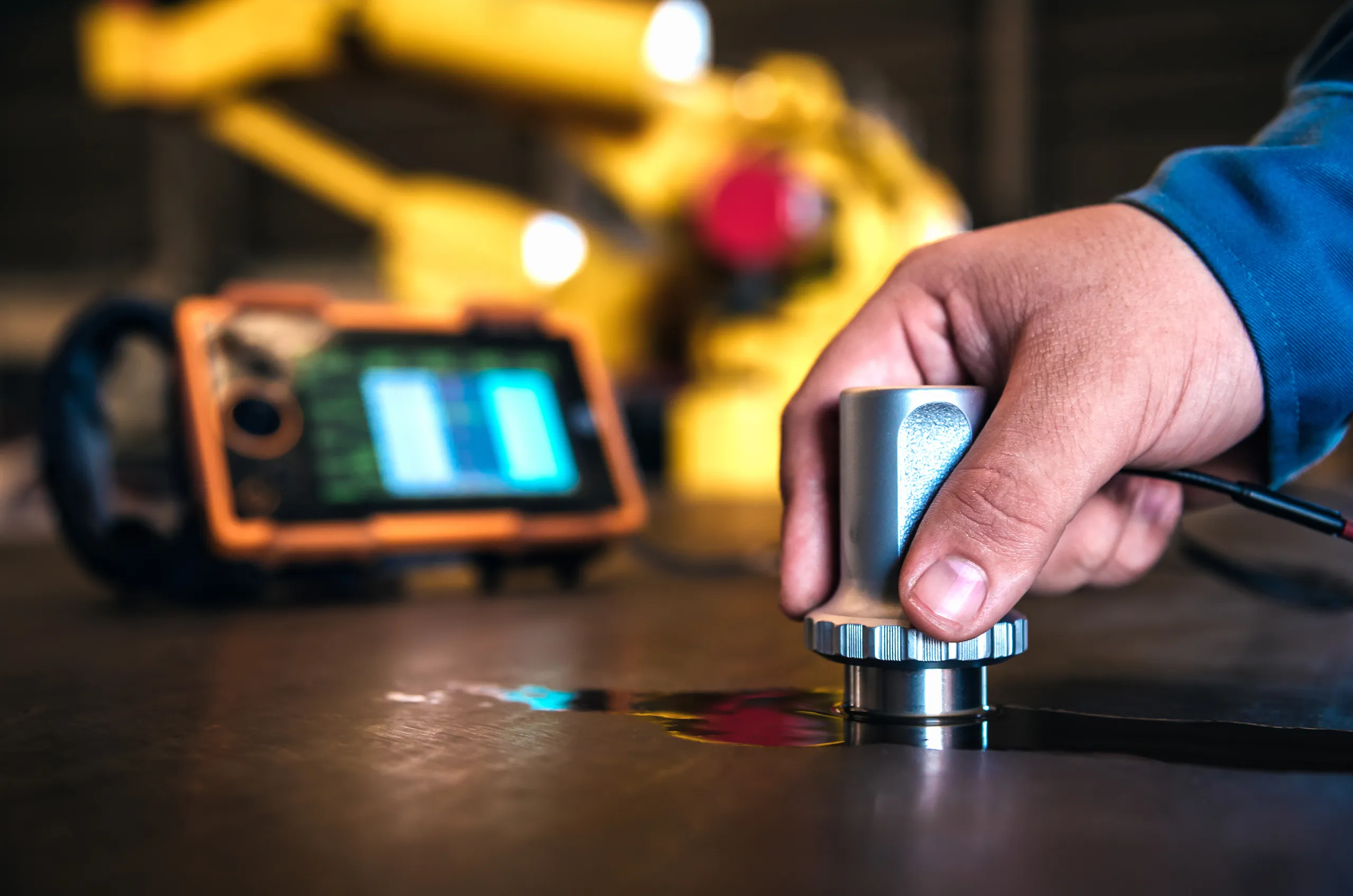MIL STD 2000 Eddy Current Non Destructive Testing of Automotive Systems
The MIL STD 2000 series is a set of standards that governs the testing and evaluation of materials, products, components, and systems to ensure they meet the requirements for military use. Within this framework, the Eddy Current method stands out as an essential non-destructive testing (NDT) technique used in automotive manufacturing processes.
Eddy current NDT involves passing a high-frequency alternating current through a conductor which generates a magnetic field around it. When this field interacts with conductive materials like metals, it induces electric currents known as eddy currents within the material itself. The resulting changes in the original magnetic flux can be measured and analyzed to detect flaws or variations in thickness.
For automotive systems, MIL STD 2000 Eddy Current testing is particularly valuable because it allows for precise inspection without damaging critical components such as engine blocks, transmission casings, brake rotors, etc. This capability ensures that any defects identified are accurate representations of actual conditions rather than artifacts introduced during the testing process.
The procedure typically starts with thorough preparation of the specimens according to predefined standards specified in MIL STD 2000 documents. Specimens must be clean and free from external contamination as this could interfere with signal interpretation. Once prepared, they undergo rigorous examination using specialized equipment capable of generating high-frequency signals suitable for detecting very small flaws.
During testing, technicians carefully monitor the output data generated by the instrument to identify any anomalies indicative of potential issues within the tested component or system. Reporting must adhere strictly to MIL STD 2000 guidelines ensuring consistency and reliability across all reports produced by different laboratories worldwide.
This method finds application primarily in aerospace and defense sectors but also extends its reach into automotive manufacturing where quality assurance is paramount due to stringent safety regulations. By adhering closely to MIL STD 2000 specifications, manufacturers can maintain compliance while enhancing product performance through early identification of flaws or inconsistencies during production stages.
Compliance officers overseeing these processes benefit greatly from knowing that their tests meet rigorous military standards. Similarly, R&D engineers gain valuable insights into material behavior under various conditions which aids in continuous improvement efforts aimed at developing better-performing components and systems.
In summary, MIL STD 2000 Eddy Current Non Destructive Testing serves as a cornerstone for ensuring reliability and safety in automotive manufacturing processes. Its ability to provide accurate assessments without compromising the integrity of critical components makes it an indispensable tool for quality managers seeking robust methods for maintaining high standards throughout their operations.





